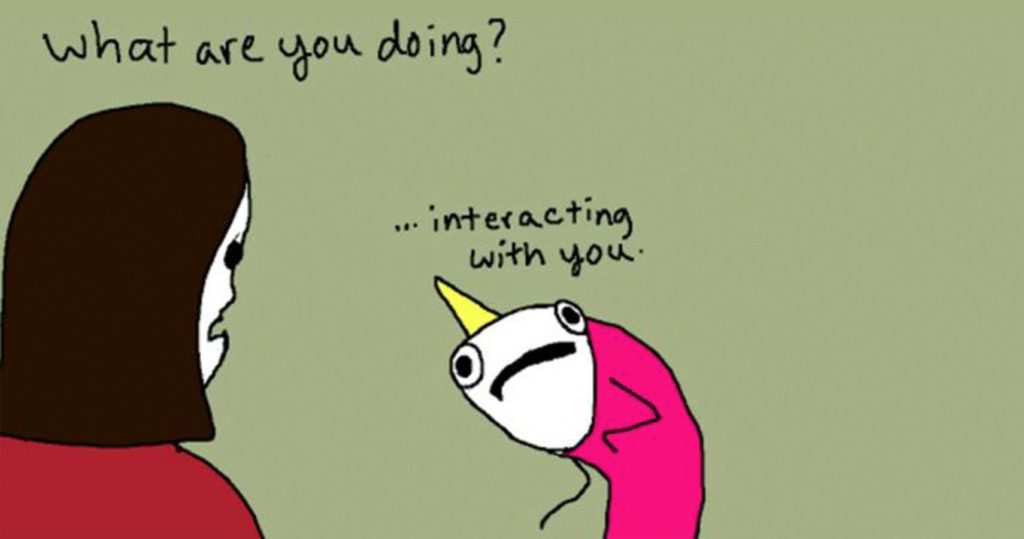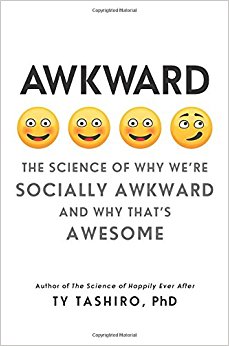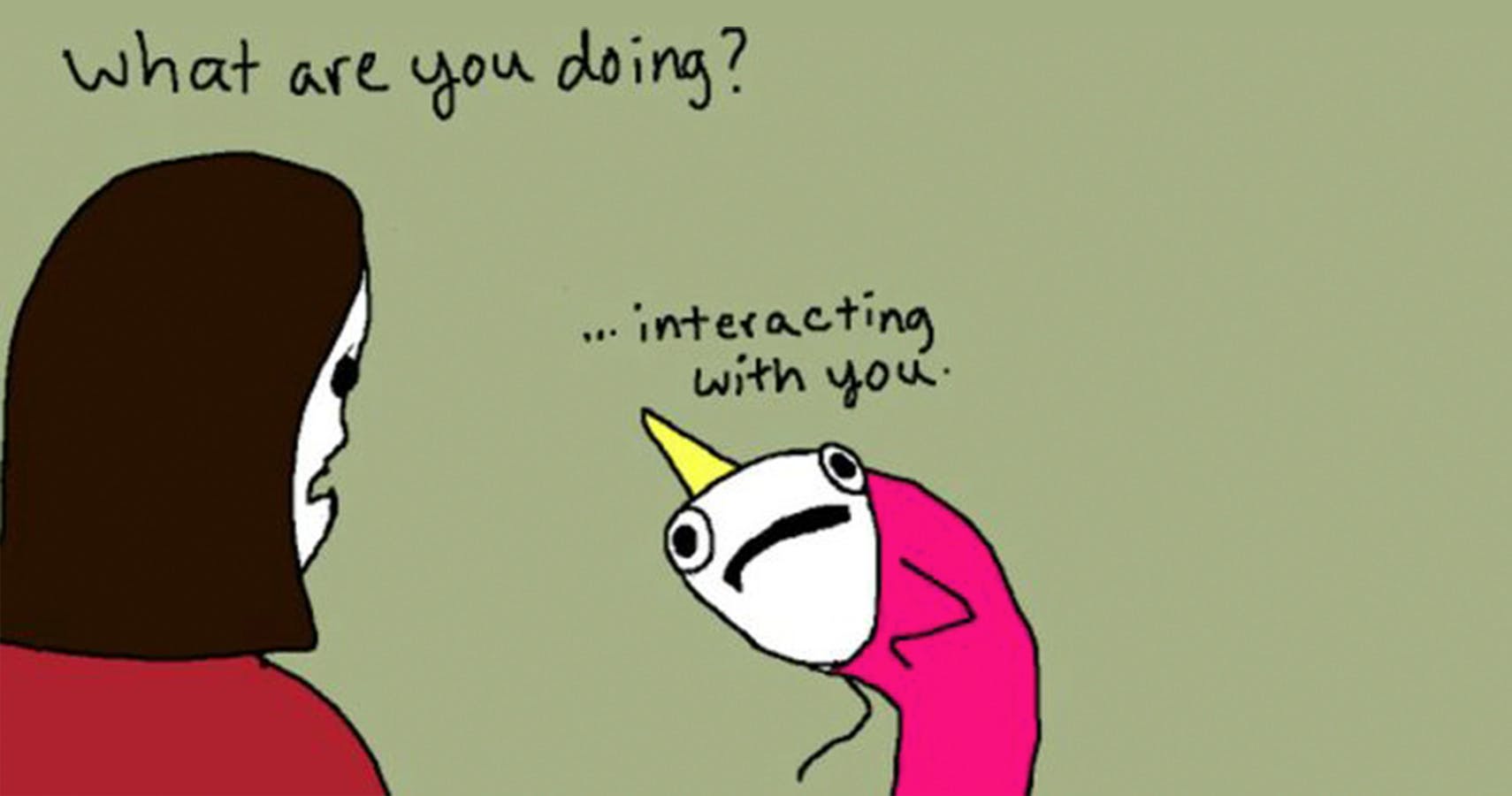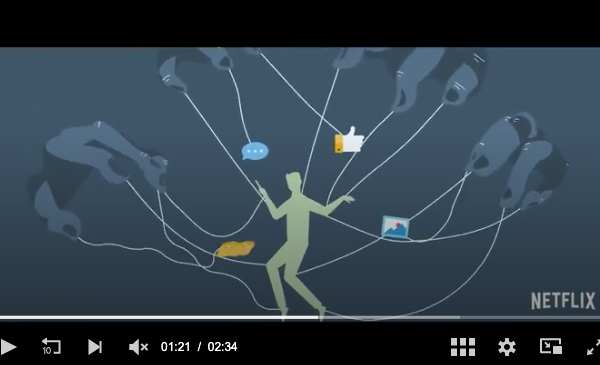Many people come to see me because they feel socially-awkward and don’t enjoy it. They want more connection, they want more confidence, and they want to feel at ease. Who can blame them?
As a therapist I help them see possible places they get stuck. There could be a more fully-fledge social-anxiety which has it’s own story and history. It could be that they over-react to comments from others, perceiving them as criticisms and reacting as such, thus pushing the new acquaintance away. It could be that they have strangely high expectations of what they should be, or what it is to be an interesting person. A view often overly influenced by the seemingly innocent but highly destructive source of social media. It could be they haven’t really individuated yet (to use a Jungian term) from their parents and don’t have much of a sense of themselves. Everyone’s story is a bit different.
Often, once any stuck places are addresses and the person is functioning more easily, I want to encourage them to celebrate their awkwardness. To relax into it. To start to befriend their style and what they do have to offer, rather than hate it.  Easy to say I know but it’s possible. While it’s a step away from therapy for anxiety, the article Why it’s awesome to be awkward from my favourite Guardian Weekly newspaper caught my eye. The article reviews the new book Awkward: The Science of Why We’re Socially Awkward and Why That’s Awesome by Ty Tashiro.
Easy to say I know but it’s possible. While it’s a step away from therapy for anxiety, the article Why it’s awesome to be awkward from my favourite Guardian Weekly newspaper caught my eye. The article reviews the new book Awkward: The Science of Why We’re Socially Awkward and Why That’s Awesome by Ty Tashiro.
The article refers to the root of the word awkward which is afgr in Old Norse, meaning “facing the wrong way”, which I find endearing. It also explores the different kinds of perception we humans can have:
“When non-awkward people walk into a room full of people, they see the big social picture. They intuitively understand the emotional tone in the room or how formally they should act. By comparison, awkward people tend to see social situations in a fragmented way. It’s as if they view the world with a narrow spotlight that means they see some things with intense clarity.”
My understanding is that the book explores how this difference in perception can be of benefit in many situations. Nicely re-framed.
This difference in perception styles reminds me of a mindfulness exercise from Dan Siegel’s Mindsight book exploring how we can shift our focus. Here’s my version:
- Find a quiet place and 5 minutes free.
- Sit up straight, bring your focus inside.
- Take some deep breaths.
- With your eyes open hold a soft blurry focus on the space just in front of your face. Gaze here for a few moments.
- Shift your focus to the middle ground between you and the opposite wall (assuming you’re in a room). Gaze here for a few moments.
- Shift again to the space just in front of the wall and repeat.
- You can play with moving your focus back and forth.
It makes me wonder if these kind of perception experiments might help broaden the experience of someone who feels awkward socially. I certainly invite clients to try a range of grounding and embodiment practices which help shift their focus and help them feel more centred in stressful situations, so the shifting of focus (quoted above) makes a lot of sense to me.
If you experience social awkwardness and haven’t found the awesome side yet, know that you are not alone in your struggle and that help is at hand.



